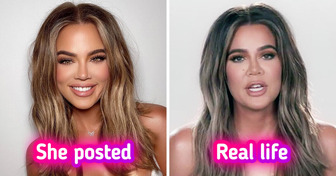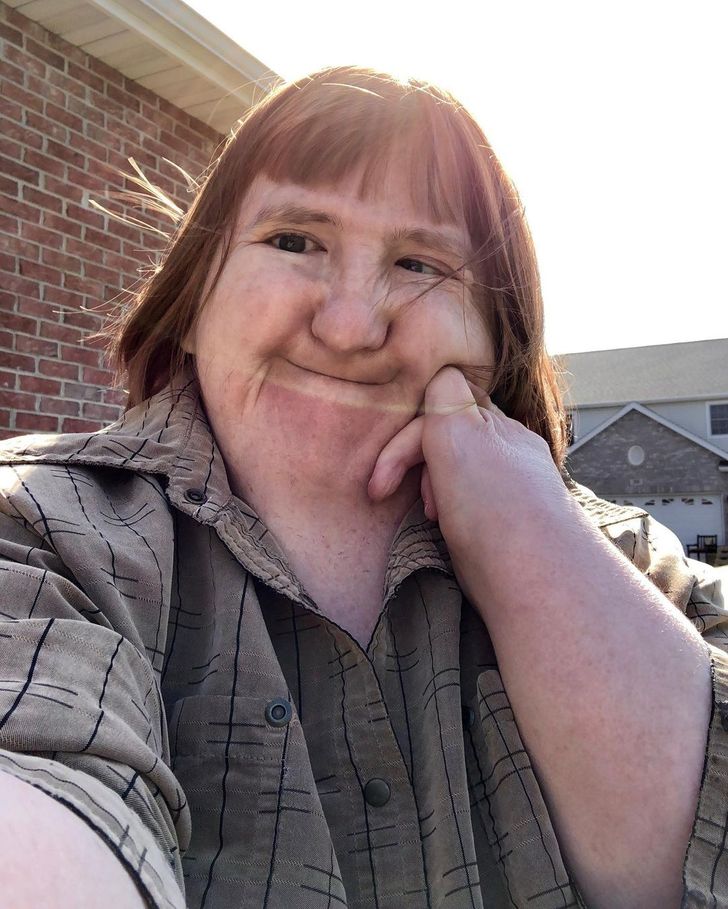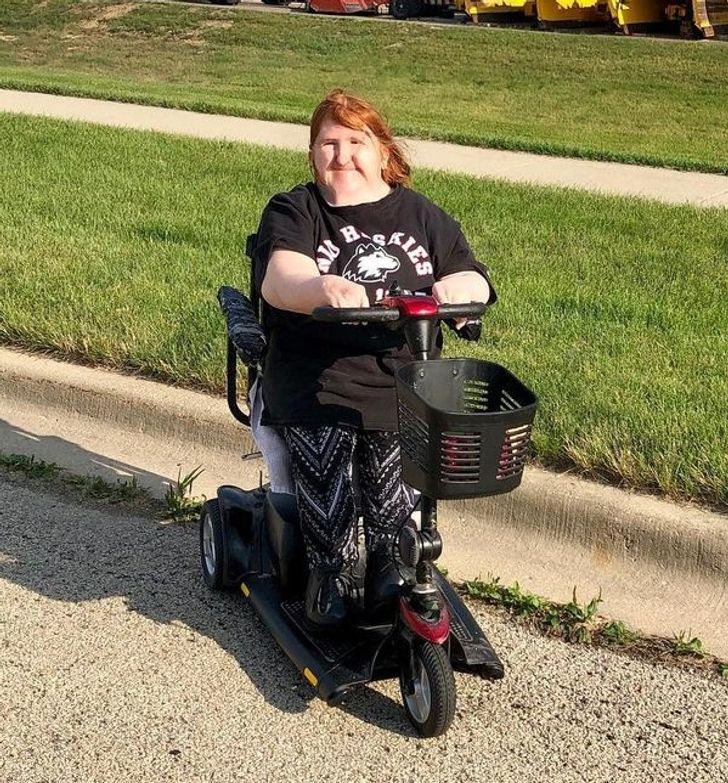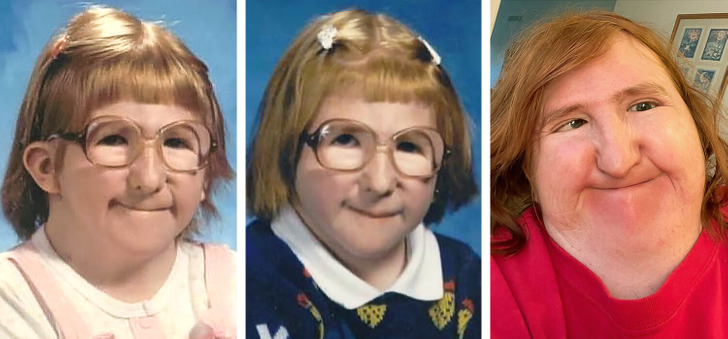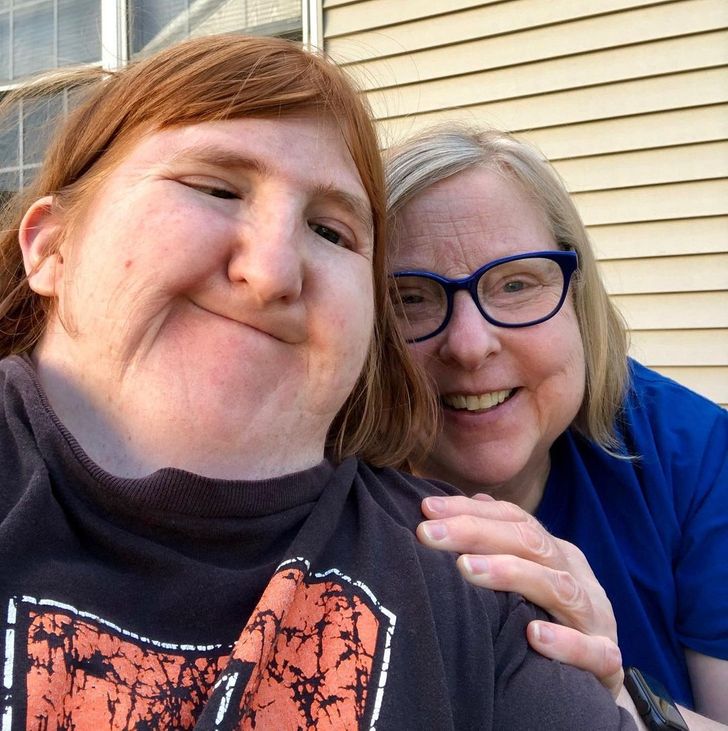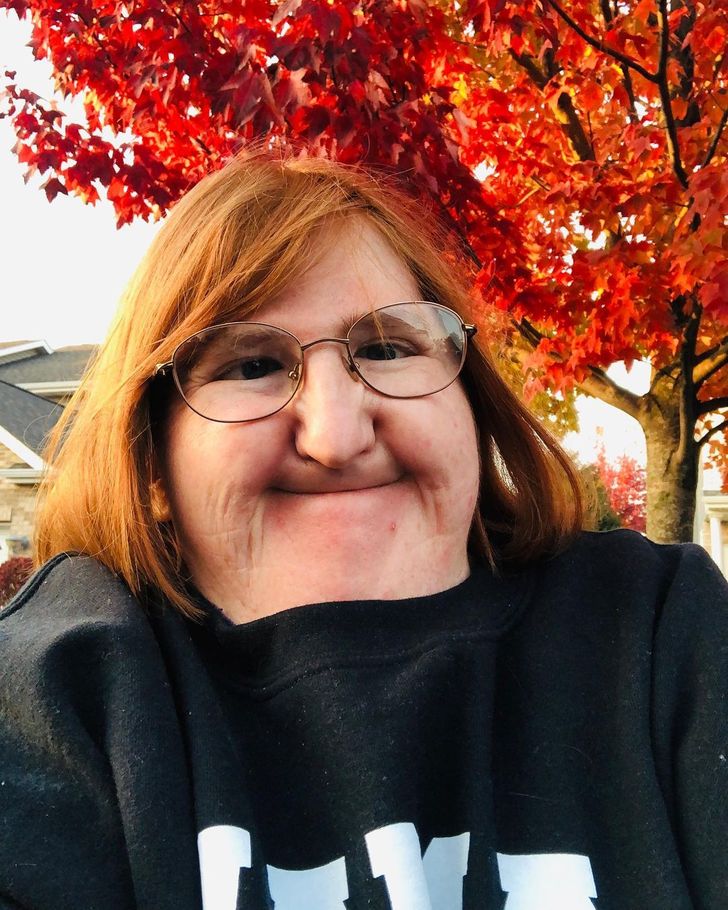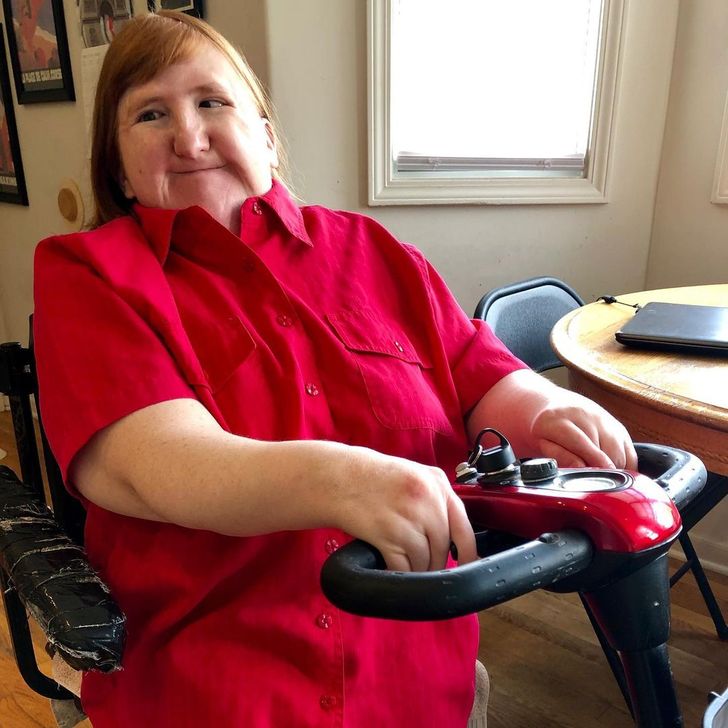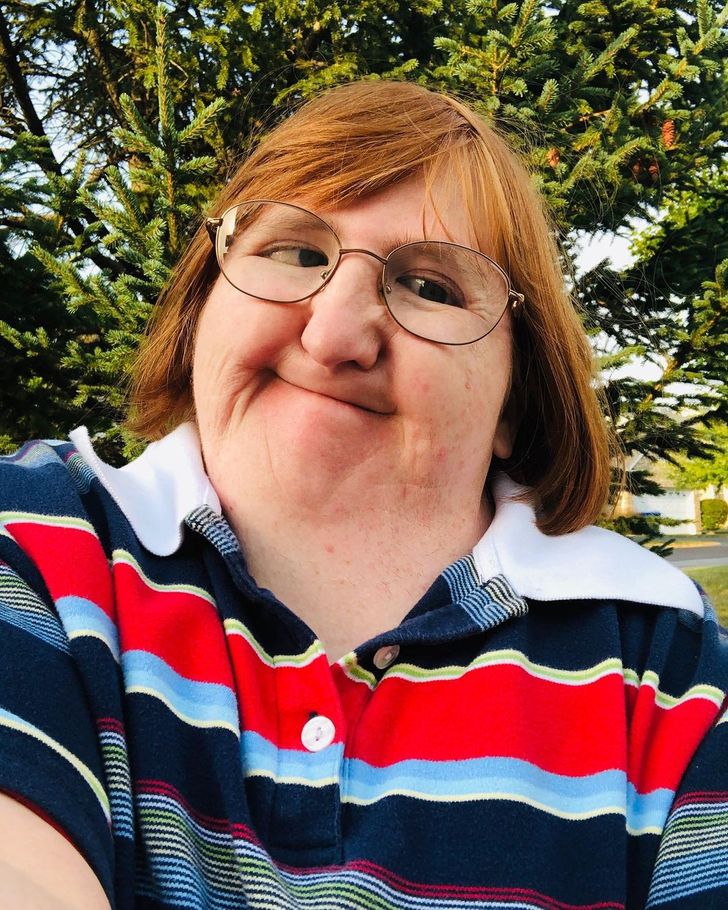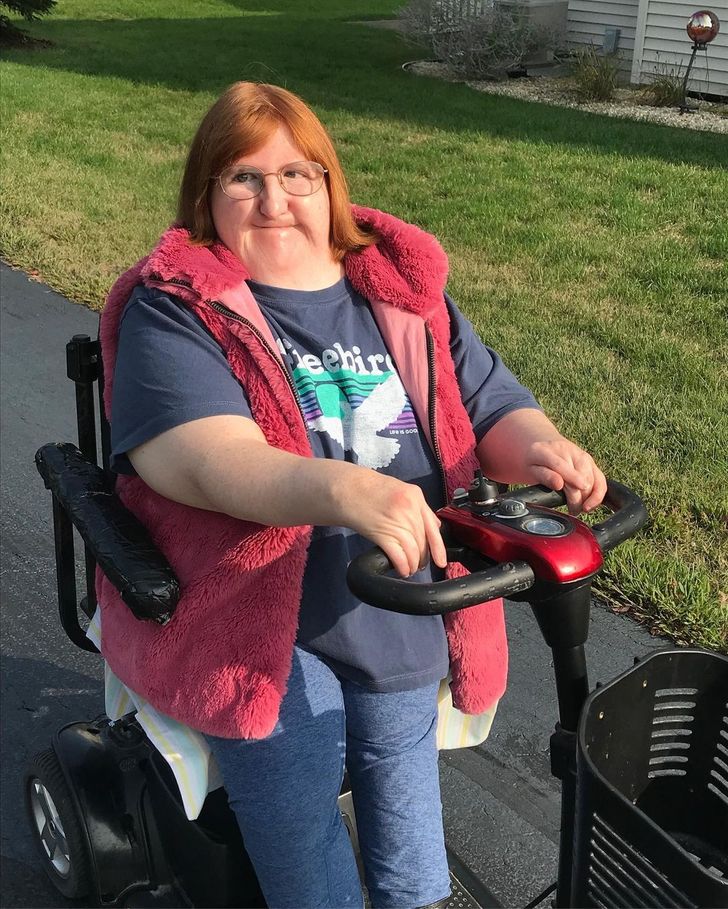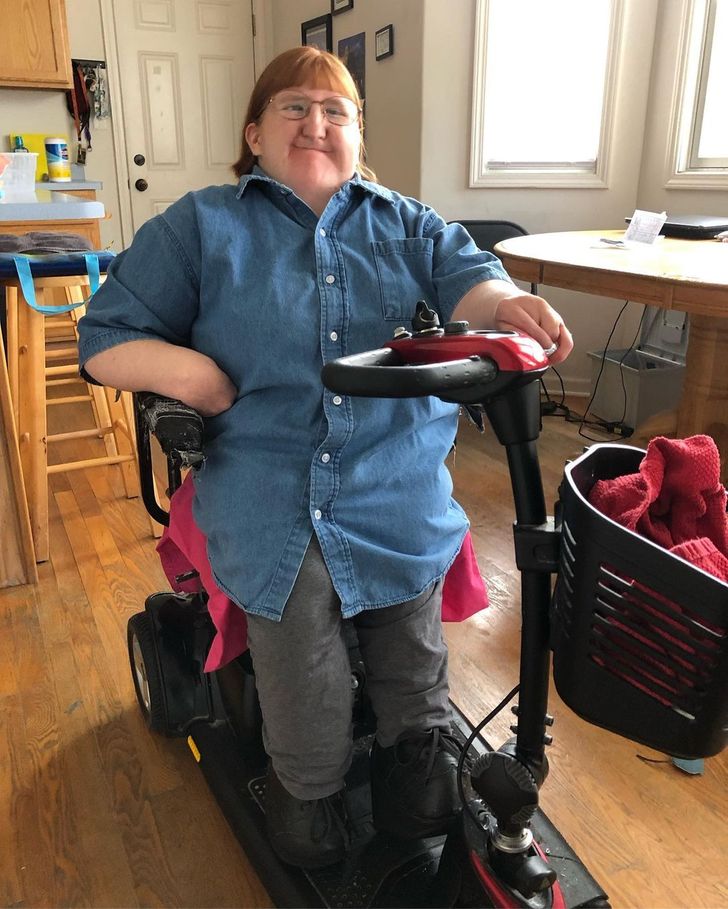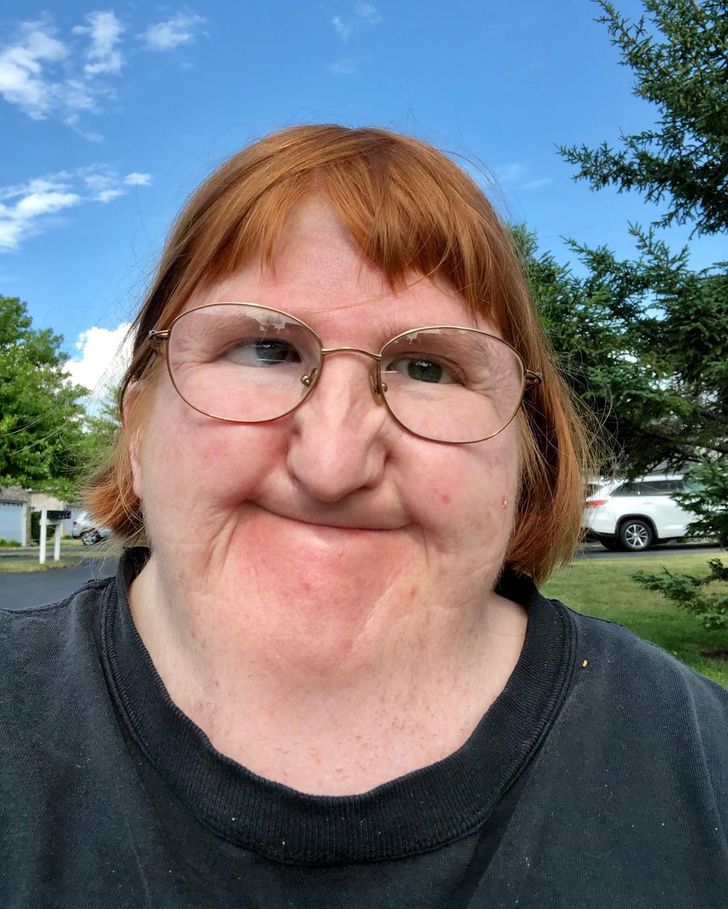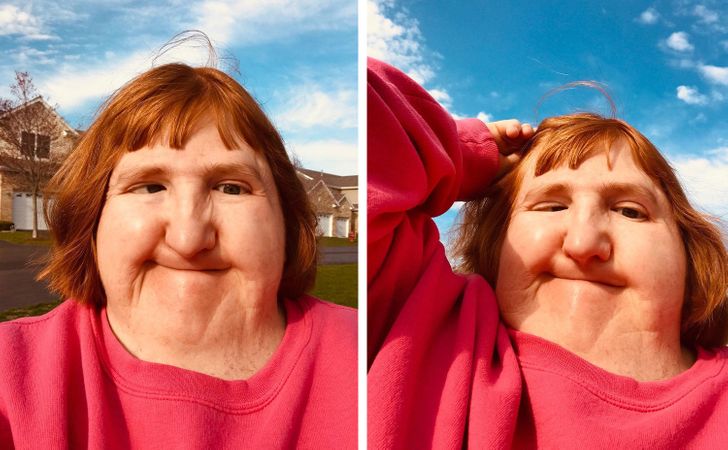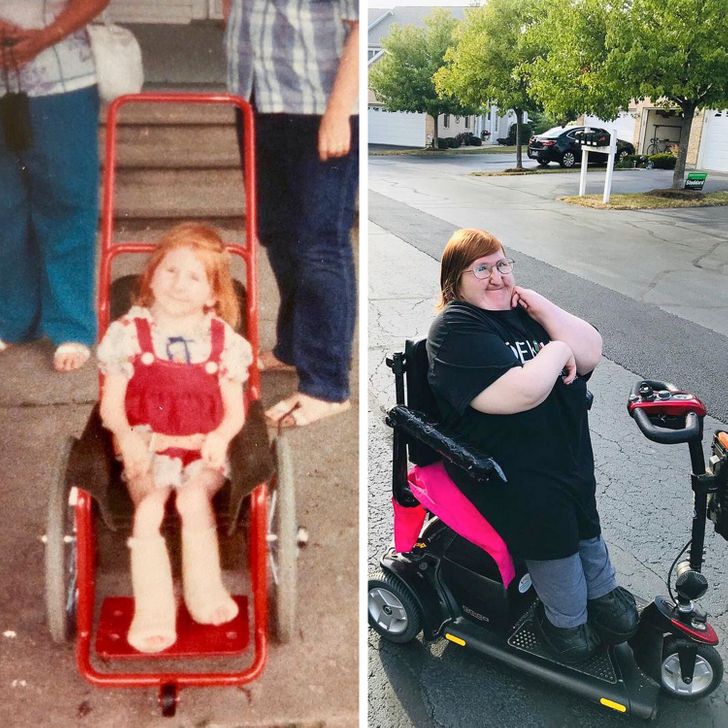There is beauty everywhere!
Mean People Asked Her to Stop Posting Photos Because of Her Appearance, but She Continued and Became a Model
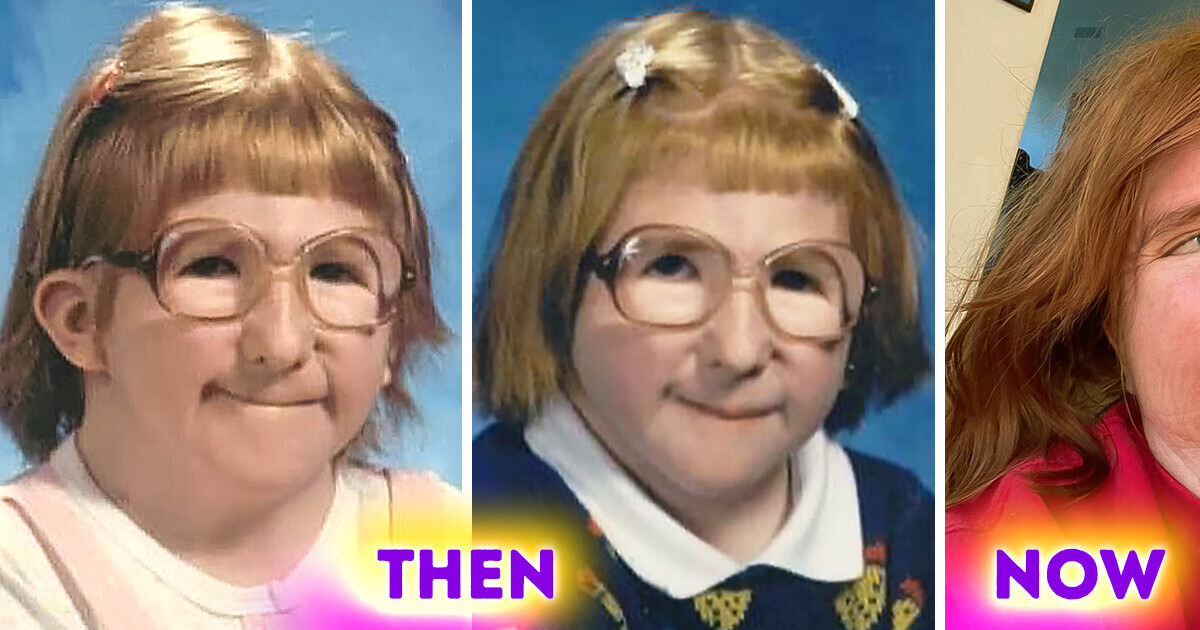
Melissa Blake was born unique and, for a long time, felt self-conscious about her appearance. However, after years passed, she finally embraced her beauty, became a model during Fashion Week, and actively advocates for the rights of people with disabilities. On her social media, she has over 200 thousand followers who send her waves of support and gratitude.
Melissa never saw anyone who looked like her in fashion magazines.
Melissa Blake came into this world in 1981 and was born with Freeman-Sheldon syndrome, a genetic bone and muscular disorder that has caused her to endure more than 26 surgeries. She credits much of her independence to her parents, who taught her to never let her disability define her.
When asked to describe herself in 2 sentences, Melissa told: “I’m a freelance writer covering relationships, disabilities, and pop culture. I’m also a disability activist and lover of a good pun.” She has a journalism degree and has written for magazines like The New York Times, Glamour, Cosmopolitan, ELLE, and more; she also keeps a blog that we recommend you to take a look at here.
“My mom and sister are my favorite people in the world, and our 2 cats are the best cats in the world. There’s nothing better than spending the day with my family; that’s when I’m the happiest and most content.”
Despite the trolls that have criticized Melissa’s appearance, her dream of modeling came true.
“When I was a teenager, someone said that I could never be a model because I’m disabled.” When she kept posting selfies on her Twitter page, trolls told her she should stop doing it — but this didn’t stop Melissa, and she got back at them in a really classy, fierce way: by posting even more selfies. Much to her trolls’ surprise, she can now say that her wittiness, selfies, and viral tweets helped her get onto the New York Fashion Week stage. Mindy Scheier, the founder and CEO of Runway for Dreams, is one of her fans, and in 2020, she asked Melissa to be a part of the fashion event at NYFW.
Blake mentioned that she hadn’t anticipated sharing pictures of herself for an entire year, but she began to observe the positive impact it was having on her. “With each selfie, I felt more comfortable in my own body and discovered a freedom I’d never really felt before as a disabled woman. I grew up feeling different (and looking different) from people my age, which definitely had an impact on my self-esteem and self-image.”
“With each click of my iPhone, I felt like I was able to have a conversation with my younger self, telling her all the things I wish I had known back when I was a teenager.” Blake confessed that sharing the selfies wasn’t consistently easy, as one of her major fears revolved around anticipating people’s reactions.
“Disabled people fall outside the lines of beauty standards and, of course, it doesn’t help that disability representation is sorely lacking in everything from pop culture to politics. We see very few disabled people in movies and TV shows or in leadership positions.” She mentioned that fellow individuals with disabilities have contacted her, initiating the sharing of their own photos and stories. This inspiration encouraged her to persist.
This is the outfit Melissa modeled for the New York Fashion Week as part of the Runway for Dreams project, where more than 25 people modeled brands like Tommy Hilfiger, Zappos Adaptive, and Target, from the comfort of their home. The virtual catwalk allowed more than 25 disabled people to share their stories about living with a disability and how important it is for them to be seen and acknowledged by the fashion industry.
Let’s stop and listen — Melissa has an important message for the world.
If Melissa could have the whole world’s attention for 10 seconds, this is the message she would like to share: “Please listen to disabled people. Our voices and our stories matter — stop making us an afterthought in society.”
We asked Melissa what she would tell her 18-year-old self if she had the chance, and we love her response. “I promise you that there will come a day when you love yourself and your disabled body. Also, you’re going to do some amazing writing!! You’re going to be okay, Melissa.”
We take pride in Melissa and hope that her voice is heard. However, individuals with disabilities and their surroundings often face criticism. For instance, this man was criticized for building a family with a woman who has special needs.
Comments
You go, Girl!
Related Reads
Nicole Kidman Posts Rare Family Photos for Mother’s Day—The Final Wish She Revealed Is Heartbreaking
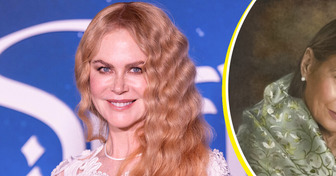
“Sorry For Him!” Heartbreaking New Photo of 72-Year-Old Mickey Rourke Sparks Concern
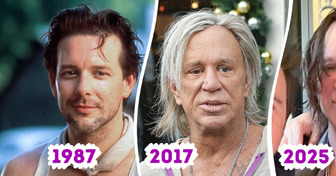
Baby Girl With a Rare Smile Grew Up — What She Looks Like Today Will Leave You Speechless
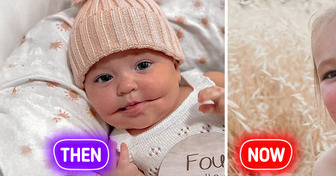
10 Curious Facts From the Victorian Era That Seem Pretty Bizarre Today
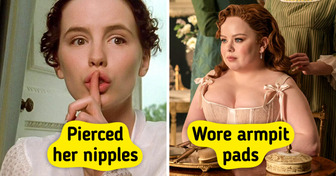
Jealousy Ruined This Mexican Star’s Face — See Her Incredible Comeback
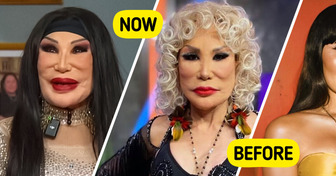
What 16 Historical Women Actually Looked Like — Beyond Their Flattering Portraits
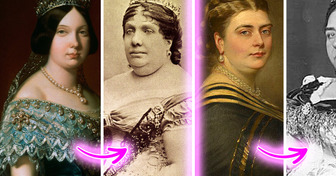
14 Celebrities Whose Daring Outfits Leave People Speechless Because of Their Details
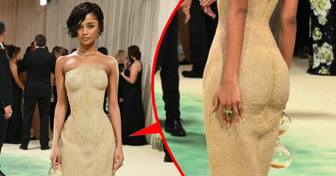
17 Сelebrity Сhildren Whose Looks Are Just as Striking as Their Star Parents
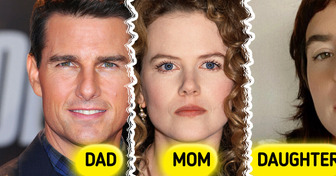
16 Celebrities Who Embarrassed Themselves — and Proved They’re Human Too
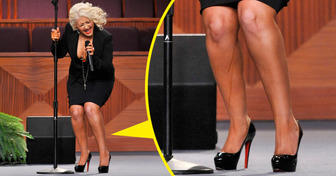
15 Real-Life Stories That Prove Kindness Can Quietly Heal What Cruelty Breaks
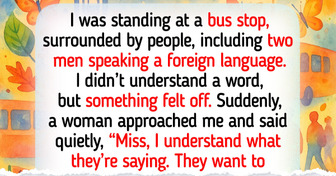
I Was Shamed by Doctors for Years — Until a Shocking Truth Was Finally Revealed
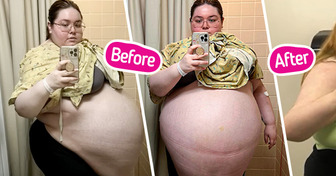
14 Celebrity Photos Revealing the Stark Contrast Between Social Media Posts and Real Life
